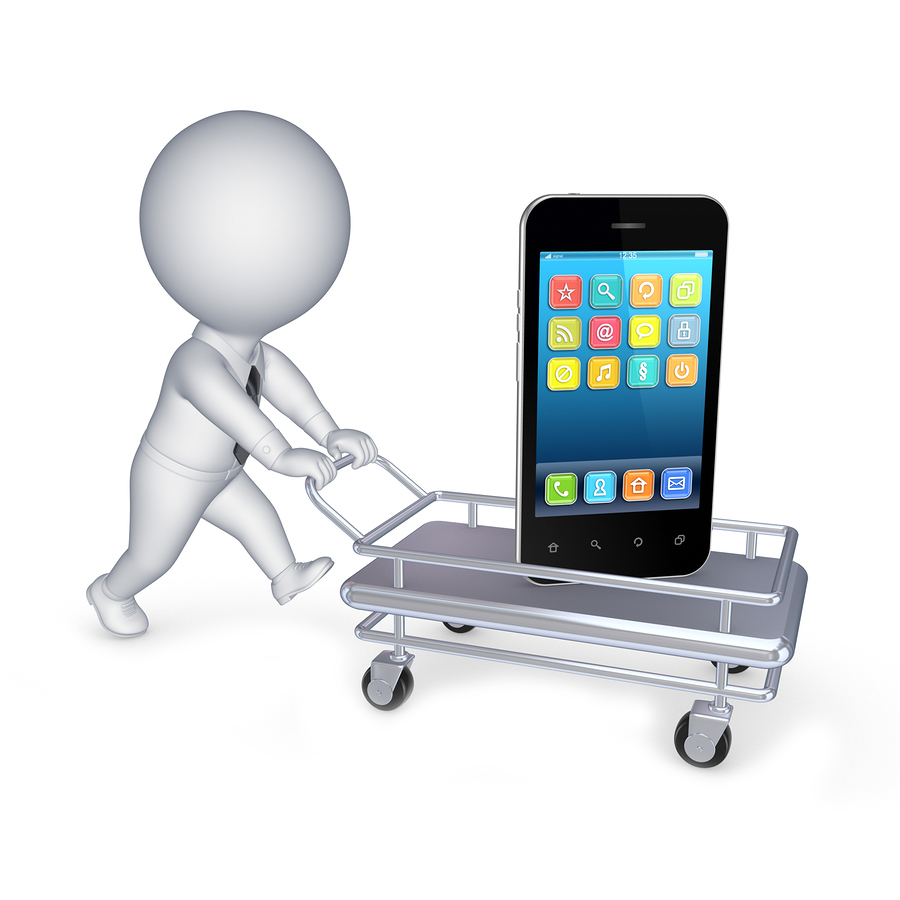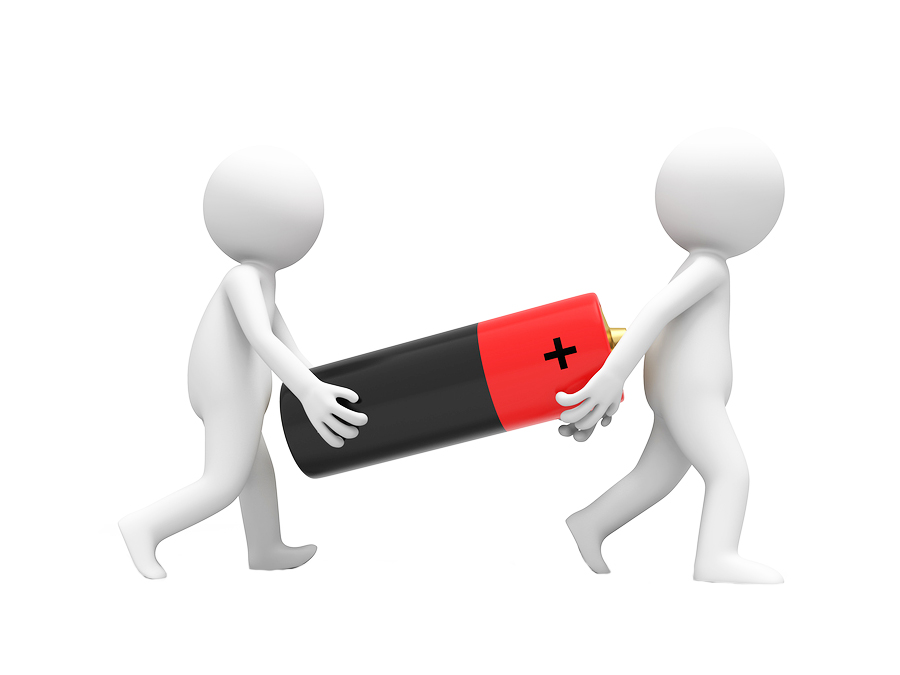If you’ve heard me talk about a recall, you know that I always suggest it’s not a matter of “IF,” but rather a matter of “WHEN” a recall will become necessary. For distributors, I always recommend sourcing from suppliers that can prove they have the ability by providing the documentation of a successful mock recall.
But no matter what you have gone through, of course, you still can’t beat Samsung. Unless you have lived in a cave the last few weeks, you know about the unprecedented recall of the Galaxy Note 7. From a Southwest Airlines’ plane with smoke in the cabin on the ground in Louisville, to a Jeep, to a hotel room, to an entire home in South Carolina, both new and replacement phones left consumers with, ahem, something less than a burning desire to own them.
 While you’re likely aware of the financial risks to your company due to product failure, they are nothing compared to Samsung. In the third quarter figures just released, the company reported a $4.6 billion operating profit, which sounds great until you realize that’s down one-third from the same period last year. Revenue for the quarter also came in down 30 percent year-over-year. Could you afford to lose a third of your profits due to just one product sourcing failure?
While you’re likely aware of the financial risks to your company due to product failure, they are nothing compared to Samsung. In the third quarter figures just released, the company reported a $4.6 billion operating profit, which sounds great until you realize that’s down one-third from the same period last year. Revenue for the quarter also came in down 30 percent year-over-year. Could you afford to lose a third of your profits due to just one product sourcing failure?
Samsung has not been alone taking a trip down the product walk of shame. NBC News suggests the rightful runner-up is hoverboards, the hottest gift (literally) from the last holiday season. The Consumer Product Safety Commission reports hundreds of instances of battery packs “overheating, sparking, smoking, catching fire and/or exploding including reports of burn injuries and property damage.”
The CPSC issued a recall in July for half a million hoverboards made by 10 different manufacturers.
 There are other worthy dishonorable hot mentions: While there were no reports of injuries, you may remember that Toshiba recalled laptop batteries last March — 91,000 in the U.S., and another 10,000 in Canada. The CPSC said the lithium-ion battery packs could overheat, posing burn and fire hazards.
There are other worthy dishonorable hot mentions: While there were no reports of injuries, you may remember that Toshiba recalled laptop batteries last March — 91,000 in the U.S., and another 10,000 in Canada. The CPSC said the lithium-ion battery packs could overheat, posing burn and fire hazards.
Last but not least, and staying with the theme, even the iconic Easy Bake Oven was not immune to product failure. Some 985,000 units of the toy made for kids were subject to a voluntary recall in 2007 after the CPSC said they needed to be repaired for “entrapment and burn hazards.” The legendary pink-and-purple Hasbro oven had a bad habit of trapping little fingers, and a few were burned, though fortunately, none seriously.
Suppliers accredited by the Quality Certification Alliance must all perform a mock recall reviewed by that non-profit third-party organization as part of their process. While that certification, like any other, is not a 100 percent guarantee, it certainly is an indication of a corporate commitment to promotional product safety. Have you thought about asking your suppliers what their corporate commitments are? Since a recall is inevitable, have you asked them if they have practiced one? I hope not, but you might just be surprised by their answer.
Jeff Jacobs has been an expert in building brands and brand stewardship for more than 35 years, working in commercial television, Hollywood film and home video, publishing, and promotional brand merchandise. He’s a staunch advocate of consumer product safety and has a deep passion and belief regarding the issues surrounding compliance and corporate social responsibility. He recently retired as executive director of Quality Certification Alliance, the only non-profit dedicated to helping suppliers provide safe and compliant promotional products. Before that, he was director of brand merchandise for Michelin. As a recovering end-user client, he can’t help but continue to consult Fortune 500 consumer brands on promo product safety when asked. You can also find him working as a volunteer Guardian ad Litem, traveling the world with his lovely wife, or enjoying a cigar at his favorite local cigar shop. Follow Jeff on Twitter, or reach out to him at jacobs.jeffreyp@gmail.com.